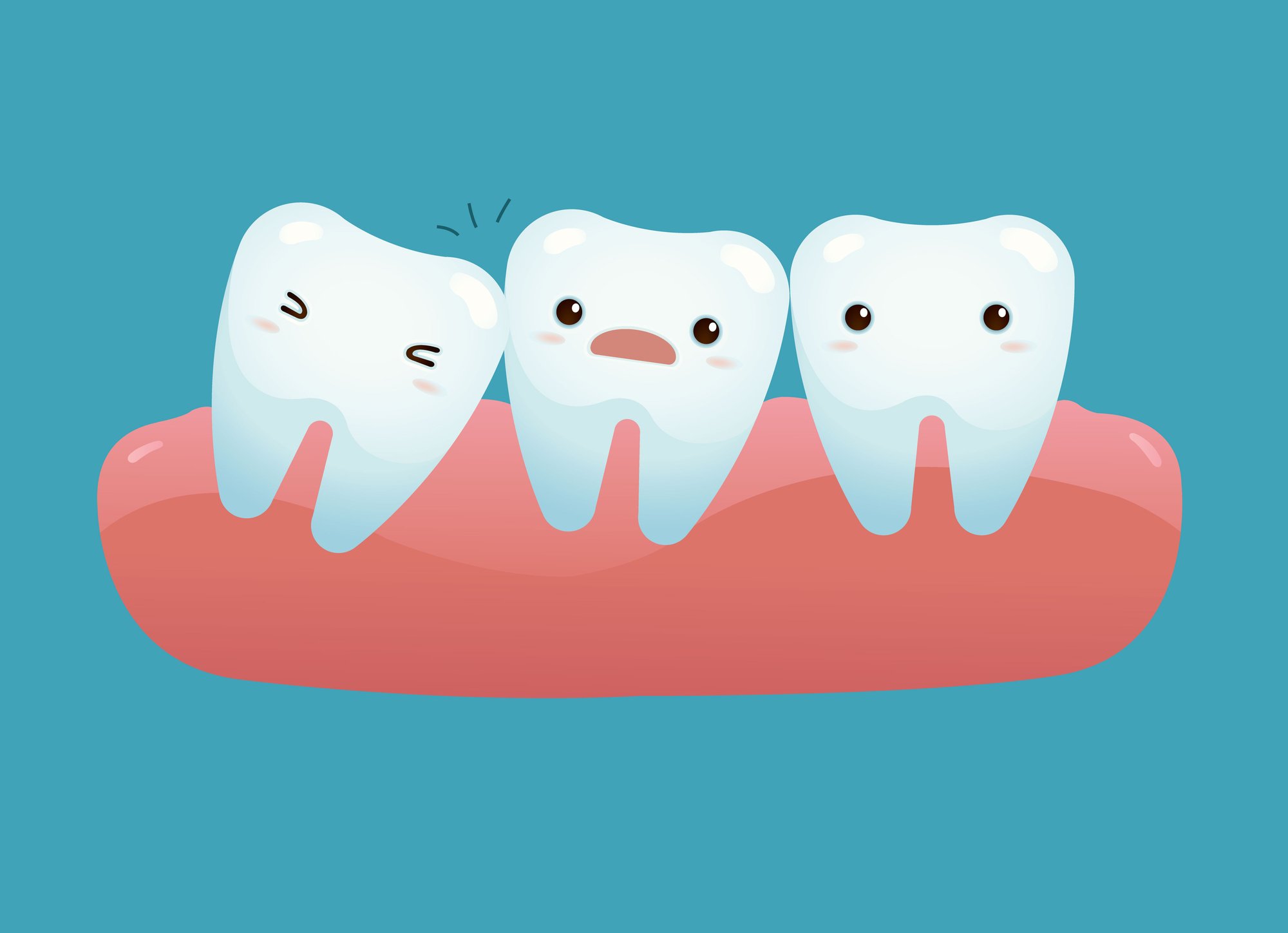
Wisdom teeth are the third molars that sit in the very back of the mouth. They are named “wisdom teeth” because they develop between the ages of 17 and 25, about a decade after a person’s second molar. It is believed that prehistoric humans needed their third molars to grind down tough meats, plants, foliage, nuts, and seeds.
Today, our foods are much softer, and our mouths have evolved by becoming smaller. As a result, our wisdom teeth have become insignificant, functionless, and intrusive (in most cases). Some people never need to have their wisdom teeth removed if their mouth is healthy, they are able to keep the teeth clean, and the teeth have developed properly.
Reasons Why Your Wisdom Teeth Should Be Extracted
Because of how our mouths have changed since prehistoric times, our third molars rarely have enough room to develop. In these cases, the wisdom teeth become stuck in the jaw, unable to emerge from the gums. Impacted wisdom teeth can cause pain, swelling, infection, and other oral and overall health problems.
Jaw damage from cysts that form around the new teeth is one of the more significant consequences of impacted wisdom teeth. If left untreated, the jaw can hollow out and the nerves become damaged.
If the teeth partially erupt, they may damage the second molars by putting immense pressure on them. As you can imagine, this may also result in pain and discomfort. The pain could arise from tooth movement caused by the pressure of the erupting wisdom tooth. If you notice that your teeth are becoming more crowded or are shifting in position, that’s a good sign that wisdom teeth removal is necessary.
Partially and fully erupted wisdom teeth are typically exceedingly difficult to clean. Getting a toothbrush back there is hard enough, not to mention trying to floss between the second and third molars. Consequently, patients who don’t have their wisdom teeth removed often experience cavities, gum disease, and all of the symptoms that those conditions come with, such as:
- Tooth pain
- Gum irritation
- Bleeding gums
- Bad breath
- Gum recession
- Tooth loss
What to Expect
Wisdom teeth extraction is a common outpatient surgery that oral surgeons regularly perform. Before the procedure, the dentist will offer a local anesthetic or dental sedation, depending on your specific needs. These make the procedure much more comfortable and relaxing.
Once you are comfortable, the procedure begins. If the wisdom teeth are fully impacted, the oral surgeon will make a small incision in the gums to get to the teeth. Then, the tooth is gently removed. When the teeth have partially erupted, the dentist may need to break the tooth into pieces so that no damage is done to the remaining healthy teeth.
The entire procedure typically takes 30 minutes to an hour. Afterward, the dentist will send you home to recover. He will provide a specific set of guidelines to ensure your recovery is as smooth as possible.
Wisdom Teeth Removal in Woolgoolga
If you’re searching for a professional, experienced, and compassionate dental team in Woolgoolga, look no further! Our team at Magic Smiles is prepared to give you a comfortable dental experience. We have an oral surgeon on staff with decades of experience in removing wisdom teeth.
Don’t wait any longer to have your third molars removed. Contact us today at (02) 6654-0650 to schedule an initial consultation.


